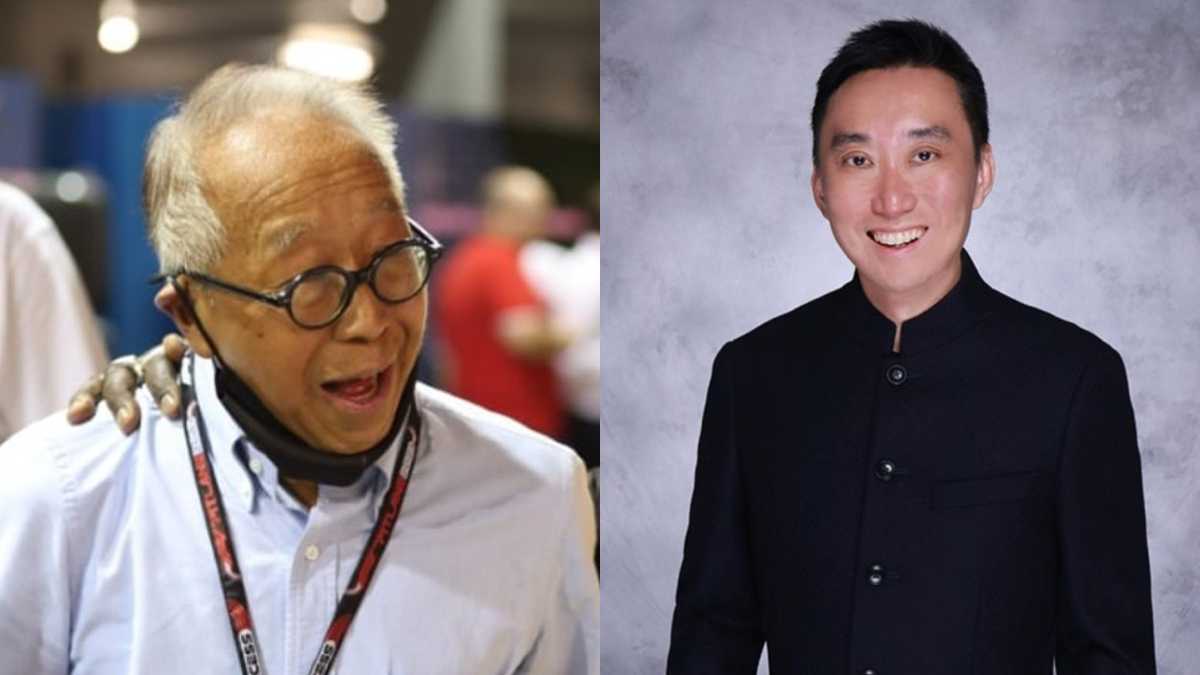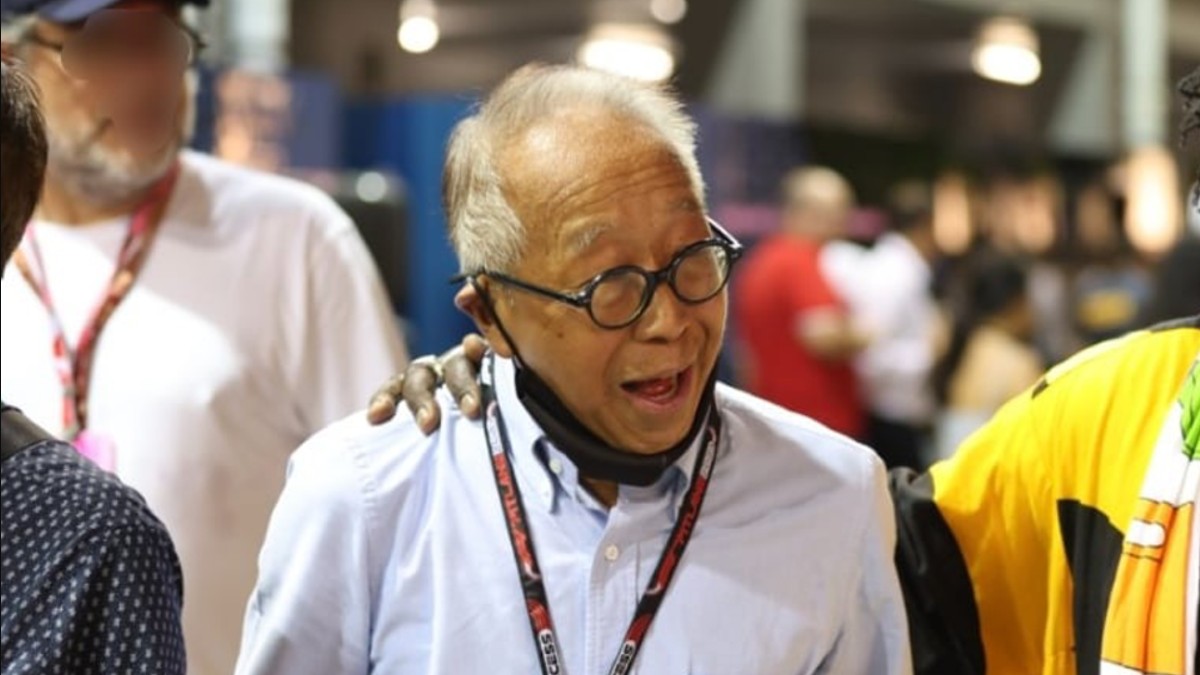Prof Tommy Koh’s defence of Ong Beng Seng as “a good man” draws mixed reactions online
Professor Tommy Koh’s defence of property tycoon Ong Beng Seng as a “good man” on Facebook drew sharp public reaction. While some praised Koh’s appeal for understanding, others questioned whether Ong’s charitable contributions should influence how he is viewed following his conviction earlier this year.
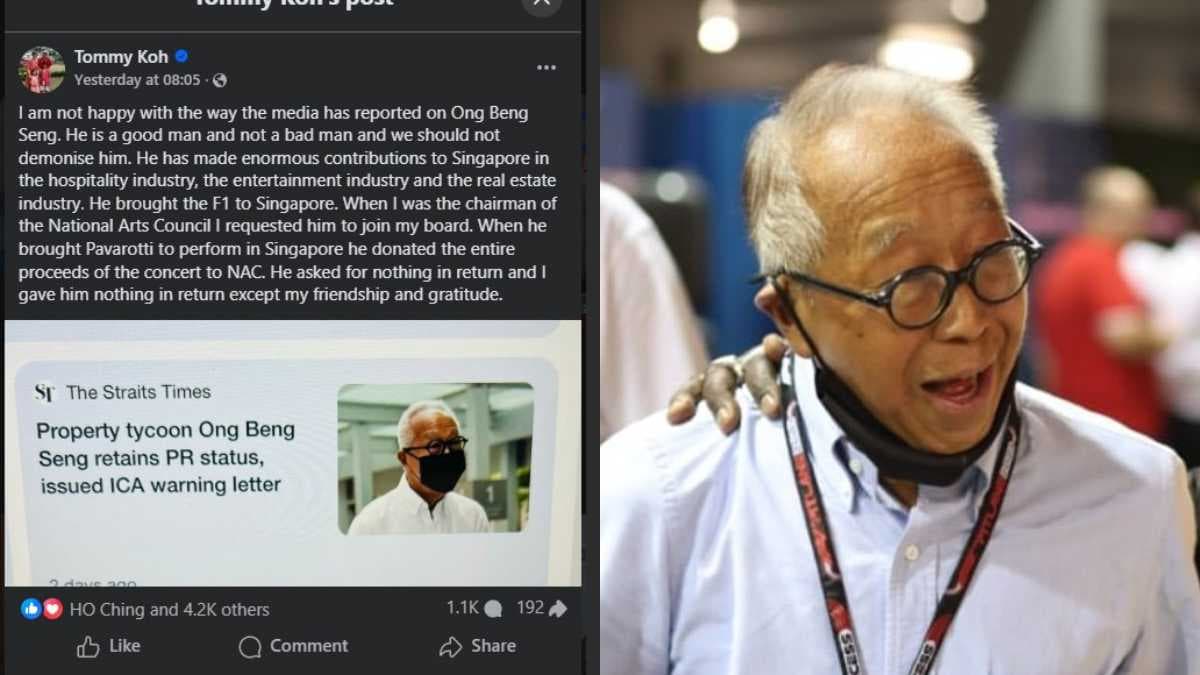
- Prof Tommy Koh criticised media portrayal of property tycoon Ong Beng Seng, calling him “a good man”.
- The remarks sparked strong public debate over moral accountability and perceived legal inequality.
- The discussion reignited scrutiny of Ong’s past controversies and contributions to Singapore.
On 12 November 2025, Professor Tommy Koh, special adviser to the Institute of Policy Studies at the National University of Singapore (NUS), expressed unhappiness over what he viewed as unfair media coverage of property tycoon Ong Beng Seng.
Posting on Facebook, he described Ong as “a good man” who should not be demonised despite recent legal troubles.
The post referred to Ong’s conviction earlier this year for abetting obstruction of justice in relation to investigations involving former transport minister S Iswaran. Ong was fined S$30,000 in August 2025.
The Immigration & Checkpoints Authority (ICA) confirmed on 10 November that while Ong would retain his permanent resident status, he had received a formal warning letter.
Prof Koh’s Facebook post attached a photograph of a Straits Times headline reading “Property tycoon Ong Beng Seng retains PR status, issued ICA warning letter.”
He wrote that Ong had made “enormous contributions” to Singapore’s hospitality and tourism sectors, noting that the billionaire had once brought Italian tenor Luciano Pavarotti to perform in Singapore and had donated all proceeds to the National Arts Council (NAC).
Prof Koh added that Ong had never sought personal gain from such contributions, describing him as a generous figure。
”He asked for nothing in return and I gave him nothing in return except my friendship and gratitude.“
By the morning of 13 November, his Facebook post had attracted over 4,200 reactions and more than 1,000 comments.
Bertha Henson challenges Prof Koh’s criticism of media reporting
Veteran journalist Bertha Henson was among those who engaged with Prof Koh’s post, asking him to clarify what he meant by being “not happy with the reporting.”
She remarked that the ST article was “straightforward” and had, if anything, omitted legitimate historical background, including Ong’s past involvement in the Nassim Jade condominium episode.
Her comment received more than 700 likes.

Henson referred to the 1996 incident involving the sale of discounted luxury condominiums developed by Ong’s company, Hotel Properties Limited (HPL), to the late Lee Kuan Yew and then–Deputy Prime Minister Lee Hsien Loong.
The unsolicited discounts of between 5 and 12 per cent caused public controversy at the time.
Following parliamentary discussion, then Prime Minister Goh Chok Tong concluded that the discounts were proper, and the Lees donated the equivalent sums to charity.
Some comments agreed with Henson, suggesting that omitting such context deprived readers of a fuller picture.
Netizens question moral leniency and equality before the law
Others, however, supported Prof Koh’s sentiment, arguing that he was highlighting the importance of perspective — that individuals should not be reduced to their mistakes if their broader contributions have been significant.
Supporters of Prof Koh drew parallels with his compassionate approach in the past, such as his eulogy for opposition politician Tang Liang Hong, where he emphasised empathy and human dignity over rigid moral judgement.
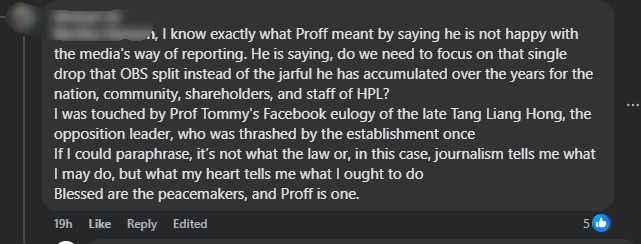
Still, much of the online response disagreed with Prof Koh’s characterisation.
Many Singaporeans argued that calling Ong a “good man” risked normalising moral leniency for those of influence.
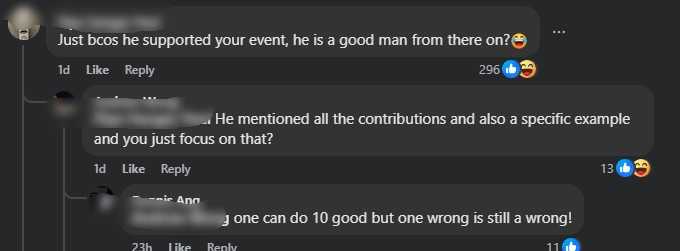
Several netizens stated that personal generosity or philanthropy should not exempt anyone from accountability. One commenter wrote that “the law must be equal for all citizens, no matter their wealth or power.”
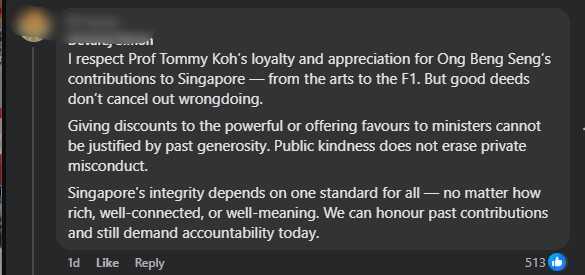

Another group of users expressed concern over widening wealth gap in Singapore and contrasting treatment between affluent figures and ordinary citizens facing stricter consequences for lesser offences.

Comparisons also emerged between Ong’s treatment and that of foreign nationals convicted in Singapore’s recent S$3 billion money-laundering case.
Comments noted that the Fujian-born offenders, despite contributing to the economy, were swiftly prosecuted and deported, while Ong was allowed to keep his permanent residency.

Calvin Cheng urges objectivity, says authorities weigh overall contributions
Former Nominated Member of Parliament Calvin Cheng also weighed in, offering a counterpoint.
He argued that when assessing whether to revoke permanent residency, authorities consider not only offences but also a person’s overall record of contributions to the country.
Cheng noted that such reviews apply to both affluent and non-affluent individuals.
He emphasised that “Ong Beng Seng’s contributions are well known — beyond Formula 1, he has supported charity, NGOs, and civil society,” but insisted that contributions from people of all backgrounds are also considered.
Cheng cited cases of well-to-do expatriates who lost their PR status for misconduct during the COVID-19 pandemic.
“They were expelled from Singapore and had their PR revoked,” he said, urging Singaporeans to assess cases objectively rather than with envy.
Ong’s business legacy shadowed by past controversies
Ong’s public image has long been mixed, shaped by both his success and his controversies.
The 1990s condominium discount episode remains a lasting mark, even after official clearance.
International scrutiny arose from a 2018 investigative report by the Organised Crime and Corruption Reporting Project (OCCRP), which alleged that Hotel Properties Limited had bypassed public tender procedures when leasing two islands in the Maldives.
The report further claimed that part of a US$5 million lease payment for Fohtheyo Island was channelled through associates of then Maldivian vice-president Ahmed Adeeb. Ong did not respond to those allegations.
Born in Malaysia in 1946, Ong moved to Singapore at age four. He began his career in international insurance underwriting, working across Europe and Southeast Asia before joining Motor & General Underwriters Investment Holdings.
In 1972, he married Christina Fu, daughter of businessman Peter Fu, and later joined her father’s oil trading firm, Kuo International. The oil price volatility of the 1970s helped Ong build capital, leading him to establish HPL in 1980.
Through HPL, Ong expanded into property and hospitality, developing numerous hotels worldwide and along Singapore’s Orchard Road.
He is widely recognised for his role in bringing the Formula 1 Grand Prix to Singapore, a move that bolstered the nation’s status as a global events hub.


